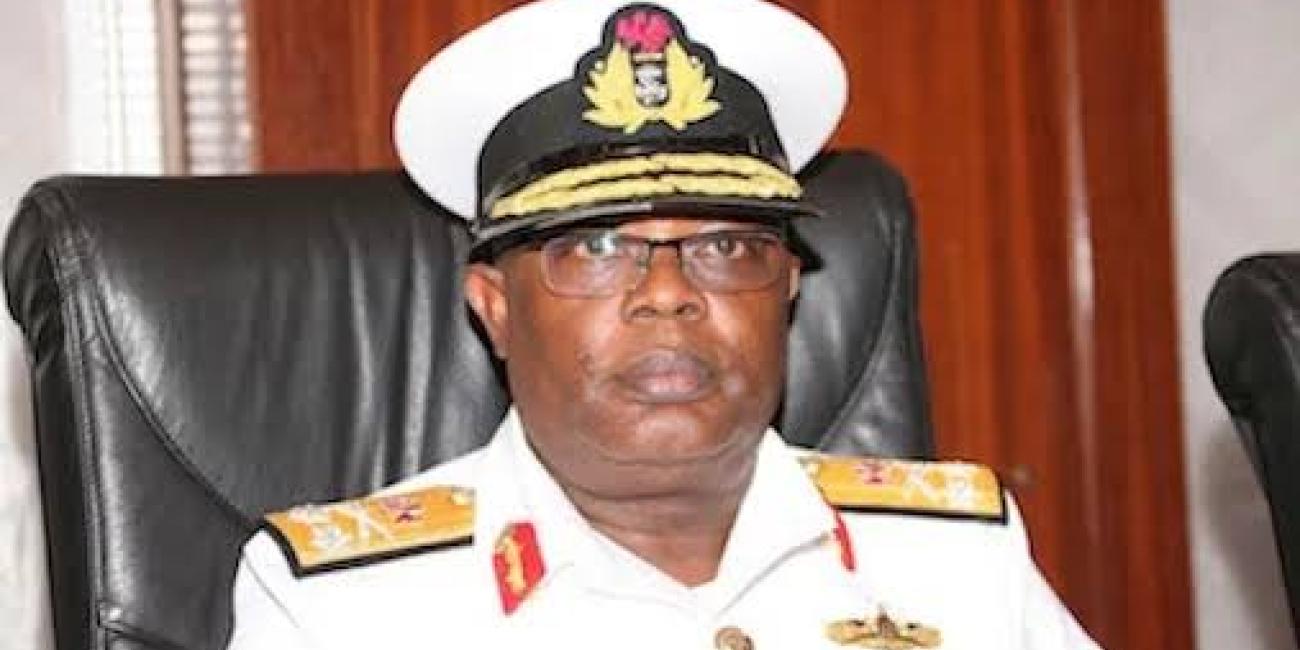In a blistering critique, Ibadan-based human rights activist and lawyer, Femi Aborisade, has condemned former military president Ibrahim Badamasi Babangida (IBB), calling for his lifelong imprisonment over the catastrophic impact of his regime on Nigeria. Aborisade’s scathing remarks come in the wake of IBB’s recently launched autobiography, A Journey of Service, where the former leader attempts to recount and reflect on his controversial years in power from 1985 to 1993.
Rather than seeing the book as a path to redemption, Aborisade views it as an insult to Nigerians who still bear the scars of Babangida’s rule, especially his infamous annulment of the 1993 presidential election—an act widely considered one of Nigeria’s darkest democratic betrayals.
“IBB Is a Tyrannical Villain”
Aborisade did not mince words. “IBB is a tyrannical villain who should be tried and imprisoned for life for annulling the democratic choice of the Nigerian people in the June 12 presidential election,” he declared. “His so-called regrets are nothing more than crocodile tears. The damage he inflicted on Nigeria is incalculable.”
Aborisade stressed that the annulment of the 1993 election—widely regarded as Nigeria’s freest and fairest—triggered a wave of violence, oppression, and the eventual death of its presumed winner, MKO Abiola. “The annulment wasn’t just a political crime; it was a betrayal that led to untold bloodshed, deaths, and brutalisation of countless Nigerians,” he said.
The Hypocrisy of Celebration
Aborisade expressed deep outrage over the fanfare surrounding IBB’s book launch, condemning segments of the media and political elite for glorifying a figure he sees as a symbol of Nigeria’s democratic decay. “It’s a national disgrace that a man who should be socially ostracised is being celebrated,” he fumed. “By honouring IBB, they’re not only mocking MKO Abiola but also spitting on the graves of those who died fighting for democracy.”
The activist highlighted the irony of politicians who once claimed to be pro-June 12 but now publicly fraternise with Babangida. “Those who pretend to champion democracy but now celebrate IBB are as guilty as he is. They’re dining and smiling with the very hands stained with MKO’s blood.”
He also accused the country’s political class of double standards. “The same IBB who banned prominent politicians from participating in politics after the annulment is now being honoured by the ‘new breed’ he helped install—self-serving elites who have continued to exploit Nigeria’s resources at the expense of the masses.”
A Dark Legacy of Betrayal
Aborisade did not stop at June 12. He held Babangida accountable for what he sees as the systemic rot in Nigeria’s socio-political landscape. “IBB’s regime wasn’t just about the annulment. It was about corruption, repression, and the deliberate sabotage of Nigeria’s democratic evolution. The structural damage he inflicted continues to haunt the country to this day.”
He called on Nigerians to reject the whitewashing of Babangida’s legacy, warning that celebrating figures like IBB only emboldens future tyrants. “By glorifying coup plotters and political saboteurs, we risk normalising undemocratic interventions in our political life. This is dangerous for the future of Nigeria.”
“He Belongs in Prison”
For Aborisade, there’s only one appropriate place for IBB: behind bars. “Justice demands that Babangida be put on trial. He deserves to be in prison for the rest of his life—not parading himself as a statesman while millions of Nigerians still suffer the consequences of his actions.”
His call reflects a broader sentiment among many Nigerians who believe that the wounds of the June 12 annulment have never fully healed. As Babangida attempts to rewrite his place in history through A Journey of Service, voices like Aborisade’s serve as a stark reminder that some scars run too deep to be glossed over with selective storytelling.
The question remains: Will Nigeria ever hold its past leaders accountable, or will the cycle of impunity continue?





